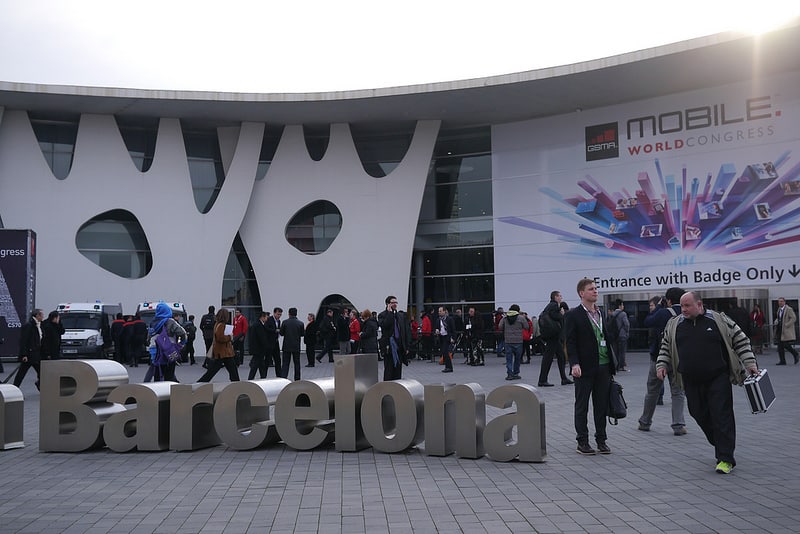
MWC 2017 is Open for Business
Mobile World Congress 2017 has arrived and we’re already processing the news and trends from day one.
So, what’s new? Interestingly, despite the focus and speculation on the next big thing(s) in mobile technology, this year there has also been palpable excitement about a high profile handset reboot.
HMD Global unveiled a line of next generation Nokia handsets – the Nokia 3, Nokia 5 and Nokia 6 – but the (re)launch which really got people talking was that of the 3310. A decade after it first hit shop shelves, the iconic device has been revamped, with web browsing functionality and souped-up battery power; it has 22-hour talk time and in stand-by mode will run for a month. Fans of the original were pleased to learn that the new iteration of the device has retained the cherished vintage Nokia ringtones, and Snake game. The 3310 will sell for around £41, is available in a new range of colours and, whilst it may not outsell the original (120 million units) the retro revamp is sure to do well.
BlackBerry is also using the MWC stage to promote a handset revival. The new KeyOne has been built by Chinese manufacturer TCL Communications and, rather than trying to emulate its design of rival devices, BlackBerry has sought to redirect potential buyers down technology memory lane. The new model features the smartphone staple touchscreen, but also offers users a traditional keyboard in the classic Blackberry style.
Aside from the reportage on handset launches came the announcement of an initiative established by the GSMA that aims to address humanitarian crises, including natural disasters and epidemics. The Big Data for Social Good scheme will address incidents in Brazil, India, Bangladesh, Thailand and Myanmar, and involves a number of operators including Bharti Airtel, Deutsche Telekom, Vodafone and Orange.
These operators will leverage their big data capabilities and offer insights into emergency scenarios, helping to accelerate and support response teams. The GSMA gave the example of how the movement of people could be monitored in certain areas impacted by an epidemic crisis. This information could then being shared with public health organisations to protect the health and wellbeing of those affected and improve relief efforts.
Trials of the UN-backed project will be put into action this June, and form part of the GSMA’s wider commitment to the UN’s Sustainable Development Goals, which the body committed to last year. It will be interesting to see how the project develops, and I look forward to learning the results of the trials at MWC 2018. Roll on day two.





